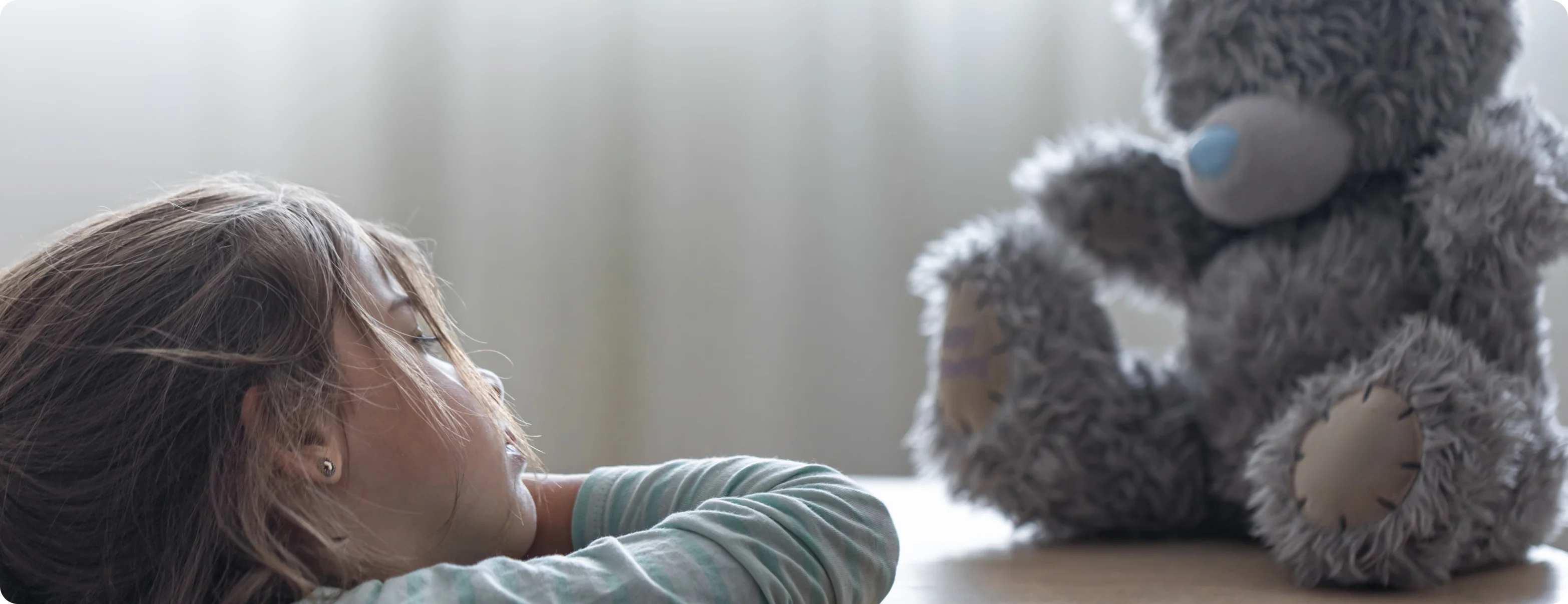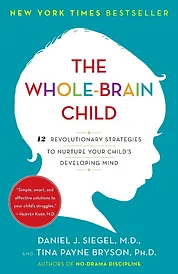Parenting a Child with Anxiety: Calming Strategies That Make a Difference

Stephanie Tsapakis
|
Published on May 18, 2021 · 3 min read


Stephanie Tsapakis
|
Published on May 18, 2021 · 3 min read

Fears and worries are part of life. Strong emotional reactions in children may present at different stages of development. Toddlers, for example, often go through a phase of separation anxiety, or begin having irrational fears when imaginative play begins. These are all signs of typical development, but how do you know when fears and worries become extreme or when to seek help?
The short answer: when these thoughts and feelings begin interfering with home life, play, socialization, or academic success.
Some typical indicators that a child may be struggling with elevated level of anxiety include:
Children in general need guidance and modeling to help them use the rational, or higher level parts, of their brain to manage emotions. (This is why toddlers throw tantrums. Their brains are not developed enough yet to process their big feelings.) However, if your child is unable to process their fears and worries even with guidance, it might be time to consult your physician or a child psychologist.
The very first step in supporting your child is understanding their diagnosis. Anxiety is driven by the most primitive parts of our brain that drive us to fight, flee, feed ourselves, and f... procreate. When this part of our brain is engaged, it can quite literally turn off the rational, upper parts of our brain making it very difficult to manage emotions. The good news is that there are great strategies to use that will help your child re-engage the rational parts of their brain to process their fears and worries.
Tip: We highly recommend the book "The Whole Brain Child" by Dr. Dan Siegel and Dr. Tina Payne Bryson. The book has great information and resources about how to talk to your children to help them engage with the rational part of their brain to alleviate fears and worries.

You got this, parents - and we are always here to help!
- The LD Expert
*LD Expert is not a medical doctor, and information in this post should not be used for medical advice. Always consult your physician for medical information regarding ADHD.
Looking for personalized support for your child's learning journey?
Our tutoring and dyslexia intervention services are tailored to students with learning differences. Whether it's reading, writing, or other challenges, our team offers one-on-one guidance.
Start with a consultation!Stay updated with our latest blog posts.
Cart